Multi-country mid-term evaluation of the YouthCan! programme, promoting the employability of vulnerable young people
Title Multi-country mid-term evaluation of the YouthCan! programme, promoting the employability of vulnerable young people
Location Madagascar, Nigeria, Costa Rica and Brazil
Duration September 2020 – April 201
Funding SOS Children’s Villages International
Context
The YouthCan! programme started in Madagascar around 10 years ago as a partnership between SOS Children’s Villages and Deutsche Post DHL Group, with the aim of fostering the employability of vulnerable young people, by means of trainings, internships and mentoring activities carried out by DHL employees.
Given its success, the programme was extended to many other countries and to involve five other multinational companies (AkzoNobel, Allianz, Johnson & Johnson, Siegwerk and TK Elevator) and hundreds of regional and local partners, becoming a multi-stakeholder partnership. By 2020, the programme was active in 37 countries around the world, involving 6500 young people and more than 1400 volunteers.
SOS Children’s Villages decided to crown the first 10 years of YouthCan! by commissioning an independent evaluation of its outcomes, focusing on four countries selected as case studies: Madagascar, Nigeria, Costa Rica and Brazil.
General Objective
The main objective of the mid-term evaluation was to measure the outcomes of the programme in terms of the professional achievements of its beneficiaries, as well as in terms of skills, self-esteem and social inclusion. In addition, the study also paid specific attention to the benefits of participation in the programme for the volunteers of the partner companies.
Moreover, the multi-country setting made it possible to carry out a comparative analysis, providing an opportunity to identify possible good practices to replicate and to formulate recommendations to strengthen the programme.
The evaluation was indeed an important learning moment for SOS Children’s Villages and its Member Associations, as well as a useful tool to share its experience and vision with its partners.
Our contribution
ARCO conducted a mixed-methods evaluation study, integrating both quantitative and qualitative data collection tools: CAWI and CATI surveys, Key Informant Interviews and Virtual Focus Group Discussions. Given that the assessment took place in the midst of the second wave of the 2020 COVID-19 pandemic, all tools were re-designed to be used remotely.
The analysis focused on:
- the outcomes and impact of the programme on current and former participants, specifically on four dimensions of interest: hard and soft employability skills, self-esteem, support networks and livelihood.
- the outcomes of the programme on the volunteers from corporate partners who supported young participants, specifically on their awareness of social injustice, sense of self-worth, job satisfaction, and skills and work environment.
- the quality of the programme in terms of four OECD-DAC criteria: relevance, coherence, efficiency and sustainability.
Read more on our M&E and Impact Evaluation Unit
Related Projects
-

Monitoring Information System for project WATDEV on water management and sustainable development in East Africa
-

Research on knowledge, attitude, social norms and practice on reproductive health rights and gender-based violence in Narok county, in Kenya
-

Evaluation of the project that promotes food security and climate resilience in Mozambique
-
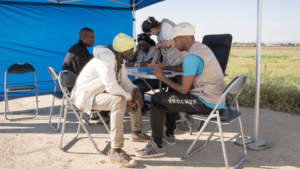
Evaluation of the project strengthening migrants’ right to health in Italy, Greece and Malta
-
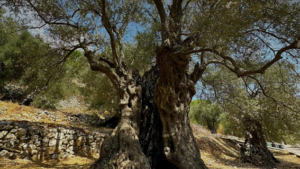
Final evaluation of the project that strengthens olive farmers’ resilience in Southern Lebanon
-

Social impact assessment of the Rapporti Corti project for socio-educational inclusion in the Navile district of Bologna
-

Evaluation of the Naseej project to stop gender-based violence in Iraq, Yemen, and Palestine
-
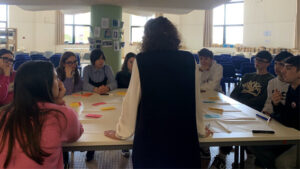
Evaluation of the project that promotes youth employment in Italy
-
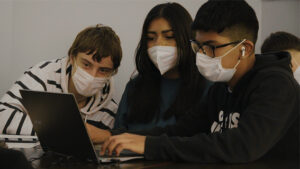
Final evaluation of the ‘5G Smart School’ project for innovative teaching in Italian schools
-
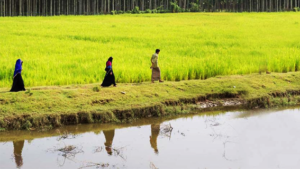
Evaluation of the project that fosters mainstreaming migration into international cooperation and development policies
-

Final evaluation of a project to contrast educational poverty in Albania
-
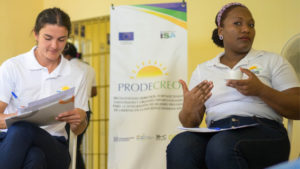
Evaluation of the project PRODECREO to promote the rights and socio-occupational reintegration of women deprived of their liberty in the Dominican Republic
-
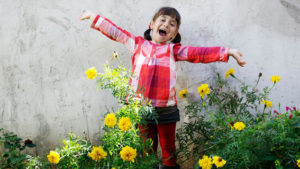
Final evaluation of the SOS Children’s Villages family strengthening project in Bosnia and Croatia
-

Evaluation of the project for the motor rehabilitation of oncological children in Turin
-
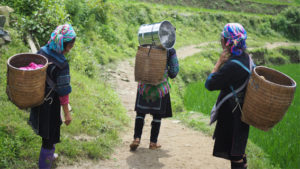
Evaluation of the project that aims to improve the health of the most vulnerable in Myanmar
-
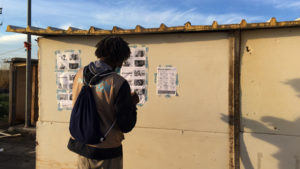
Final evaluation of the project that fosters proximity social-health services in the informal settlements of the Province of Foggia
-

Food Wave, Monitoring the project that promotes sustainable food consumption among young Europeans
-

Spazio Donna, evaluation of the projects to foster women empowerment and contrast gender-based violence
-

Evaluation of the projects “M’Interesso di Te” that tackle unaccompanied foreign minors’ integration
-
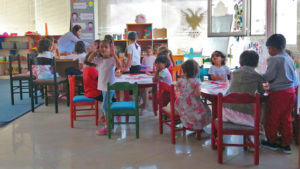
Evaluation of psycho-socio-sanitary interventions in response to the COVID-19 pandemic and the earthquake in Albania
-
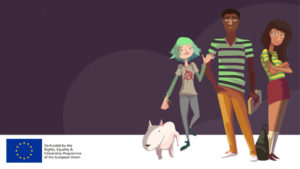
Final evaluation of the Youth For Love project to raise young people’s awareness of gender-based violence
-
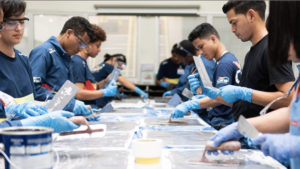
Multi-country mid-term evaluation of the YouthCan! programme, promoting the employability of vulnerable young people
-

Final evaluation of WEGO2 to support women economic empowerment contrasting intimate partner violence
-
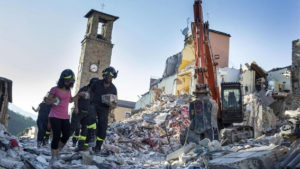
Action Research for the project Do.N.N.E against gender-based violence in Central Italy
-

Evaluation of the project “Mentors for Resilience” to contrast educational poverty
-
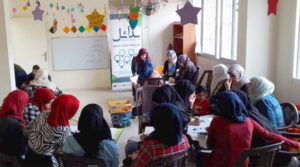
Outcome Harvesting of the project that aims to promote stability and social enterprise in Lebanon
-
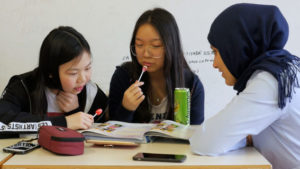
Annual evaluation and SROI of the programme “Nessuno Escluso” to contrast social exclusion and educational poverty in Tuscany
-
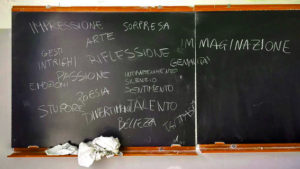
Evaluation of the project “Dreams and Needs” to contrast educational poverty in Italy
-
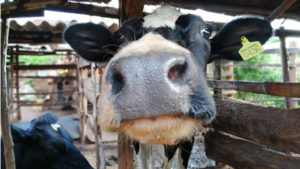
Mid-term evaluation of the project MilKy for the development of a sustainable dairy supply chain in Kenya
-

Final evaluation of Pe.R.Co.rrere: resilience of communities in Center Italy
-

Evaluation of the promotion campaign for Piave DOP cheese in Austria, Germany and Italy
-
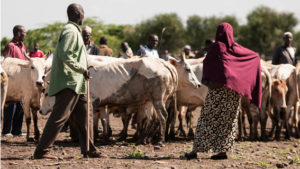
Mid-term & final evaluation of a project to strengthen resilience to climate shocks in Kenya
-
Evaluation of the promotion campaign for Italian specialities in Japan
-
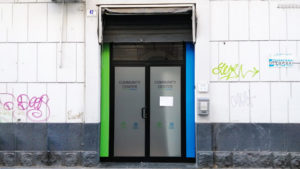
Community center, final evaluation of the social inclusion project
-
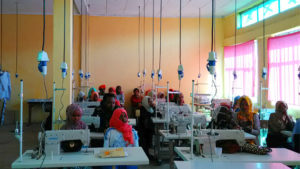
Mid-term evaluation of the project to contrast irregular migration in Ethiopia
-
Mid-term evaluation of the project for the conservation of Protected Areas in Albania
-

Social Impact Assessment of children’s protection programmes in Kyrgyzstan
-
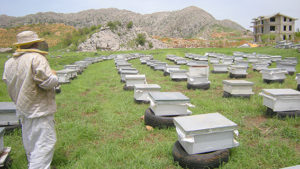
Monitoring&Evaluation of reintegration services for drug addicts and ex-addicts in Lebanon
-
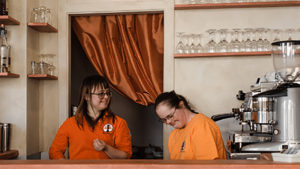
SROI Analysis, Albergo Etico social performance
-
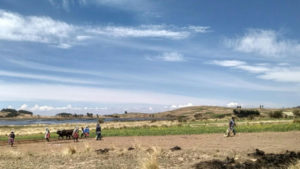
ECO.COM: strengthening local economic development in Bolivia
-

Improving the sustainability in the cherry supply chain in Bulgaria and Turkey
-
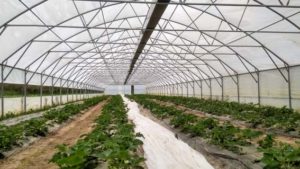
Evaluating sustainable agricultural supply chains in Bosnia Herzegovina and Albania
-
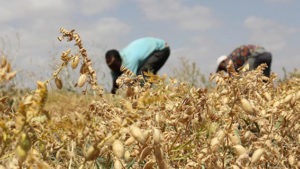
Impact evaluation of the creation of a durum wheat supply chain in Ethiopia
-
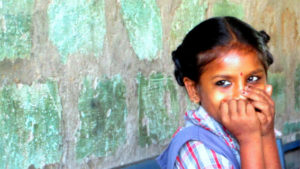
Impact evaluation of a Rehabilitation programme in India